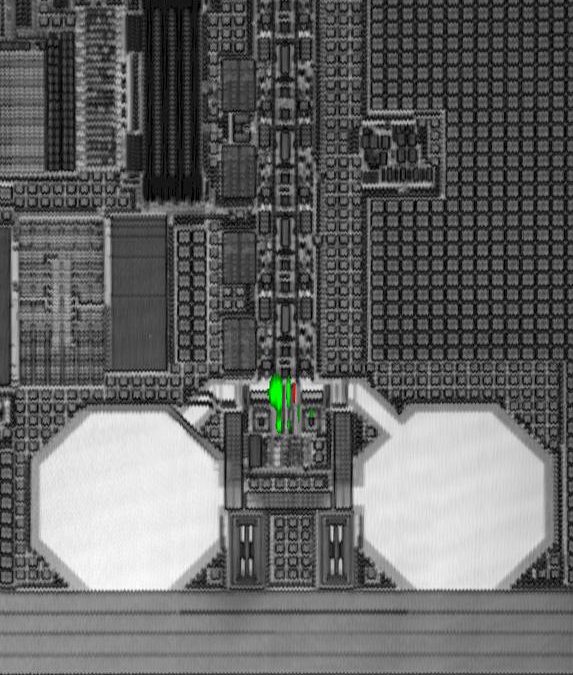Part of the inherent nature of failure analysis is the fact that no two jobs will ever be quite the same. Failure modes, environmental conditions, device applications – all these parameters shape the circumstances of a given failure analysis project. Managing a failure analysis project therefore requires particular care and attention, to ensure that the proper tools and techniques are chosen for a given job. Charting the course of a failure analysis project requires not only a solid grounding in the tests and equipment used in the lab, but also requires on-the-fly synthesis of disparate data points – not just the incoming data generated by the failure analysts, but also information about how and under what conditions a device was used before its failure.
One of the most important tips for a failure analysis manager is to secure a solid, open line of communication with the customer. While this may seem obvious since F/A is ultimately a service related business, the reasons for keeping in touch with the customer are manifold. The customer will almost always understand (or can get in contact with someone who understands) more about the application and history of a given device than a failure analyst, who in many cases sees a device for the first time after it has been turned into a twisted, charred lump of electronic creosote. By understanding the history of a device – for example, the manufacturing processes that a group of production rejects went through right before their failure, or the in-circuit application of a particular microchip that burned itself to a crisp – the failure analysis manager can make choices on how to direct the analysis based on the most likely mechanisms of failure. Communication with the customer is also important as part of the education process – it is highly likely that the failure analysis manager will be far more well versed in the analytical tools and techniques used to find the root cause of failure than a customer will be. By keeping communication open with the customer, a failure analysis manager can suggest the best course of action, potentially saving the customer money that would have otherwise gone to unnecessary testing.
Another important tip for failure analysis managers is to approach each analysis with an open mind, and avoid pigeonholing a given project due to preconceived notions. One of the worst possible situations to find oneself in as an F/A manager is performing “failure analysis by numbers” – following a laundry list of steps and procedures simply for the purpose of checking them off of the list, without any regard for whether or not the tests are producing valuable data. A failure analysis project is very much a closed feedback loop; the results of one test are invaluable in determining the next test or procedure in the line. It therefore behooves the failure analysis manager to be involved in all stages of the project, reviewing data at each step in order to better understand the failure and correctly choose the next test to perform.
Given the ever-changing nature of failure analysis projects, one of the most beneficial traits for failure analysis managers to cultivate is a willingness to improvise. The tools and techniques in an analyst’s toolbox are often sufficient – however, many jobs require test configurations above and beyond what might be considered typical. An analyst may need to draft a schematic and assemble a breadboard to perform rudimentary functional analysis of a complex device, or rig up a fixture for simultaneously providing mechanical stress and electrical analysis. Naturally, high value is placed upon ingenuity – a manager who can think on his or her feet to create a solution to a unique failure analysis problem using the resources at hand is an asset to any F/A service provider.
To sum up all the previous pointers, the best failure analysis managers are those who are willing to learn and adapt. Like any scientific endeavor, failure analysis is ultimately the pursuit of further knowledge – not only the knowledge of the reasons and mechanisms for device failure, but knowledge of techniques, test setups, and the state of the microelectronics industry in general. This thirst for knowledge is the defining trait of any failure analyst, and forms the basis upon which the F/A process is built.


